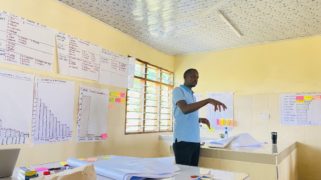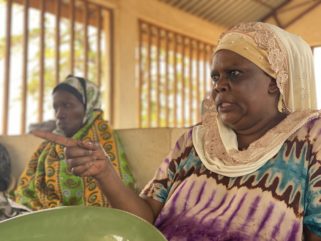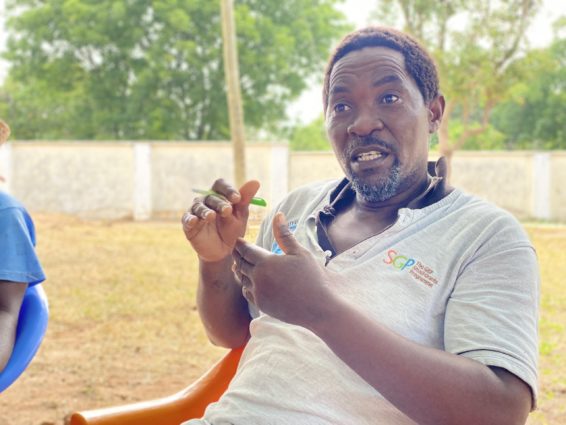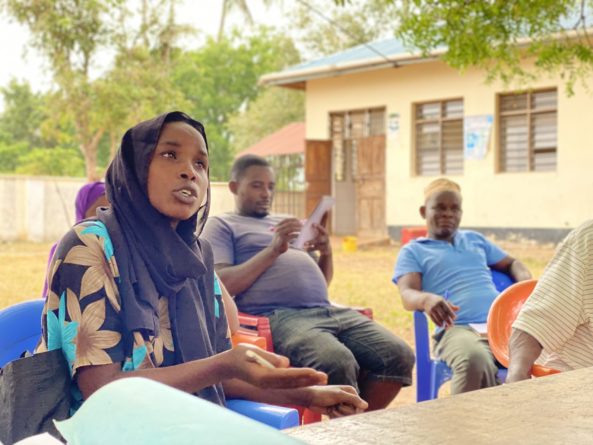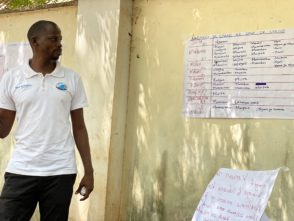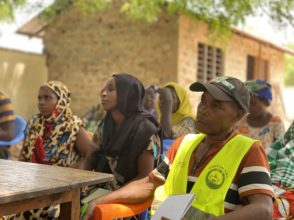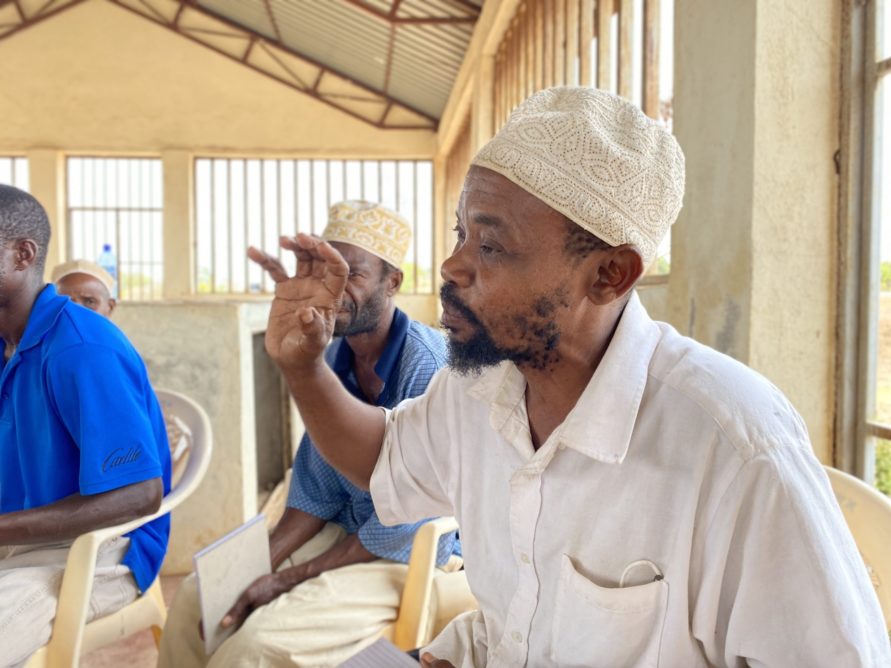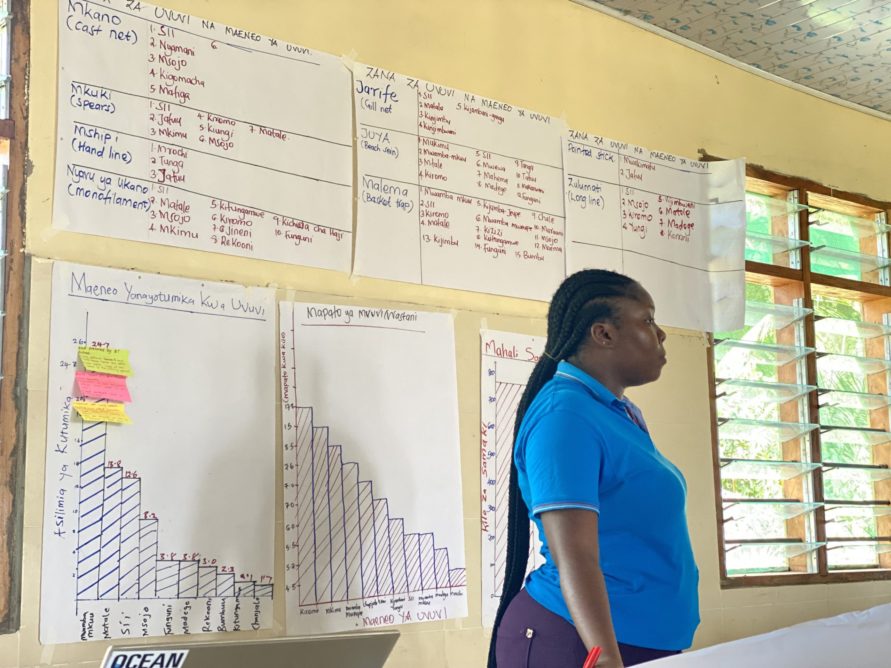Blue Ventures and partner COMRED held the first community data feedback meeting with people from Kwale County in Kenya to validate fisheries catch and landing data collected from fisheries over three months.
The activity was an eye-opener on how communities are leading fisheries management efforts by embracing data to inform decision making at the community-level. By recording fish catch data, communities can determine what species are affected by overfishing and whether areas need to be restricted to allow species to replenish. We witnessed community members point out the data patterns, noting how the information reveals whether fishers are overfishing in one location and whether interventions are required to reduce the pressure on species.
Many fishers just fish without knowing what is underwater, but data can show us what, where and when we should be fishing.” – Bakari, a beach management unit secretary from Mwandamo village in Kwale County.
At the moment, data informs very few decisions because local fishers question why they should submit data and how it benefits them. The purpose of these community feedback sessions is to raise awareness of the power of data to understand their fisheries better to protect their ocean and improve their livelihoods.” – Batuli Kidide, a data collector from Kibuyuni village.
One of the key benefits of data is that it allows fisher communities to be more proactive in their management practices. Instead of waiting until a fish stock declines, these communities can use data to detect early warning signs and take action before it is too late. I asked what benefits the communities could see from collecting data, and the Mwandamo vice secretary, Hassan Bakari, quickly answered.
From the data collected, it’s evident that some species, like squid, are being overfished, and little catch is available. The benefit of data is that it validates claims and gives evidence to what could be seen as hearsay or speculation. Data helps reveal the full picture of the situation and means we can come up with solutions” – Bakari.
The use of data in fisheries management does have its challenges. One of the most significant issues is the accessibility and analysis of data because of varying literacy levels. However, I was pleased to see that the communities posed a solution to this problem.
With support, we can educate all fishers to understand how to collect and use data to be responsible for our fisheries collectively. We could solve the issues of accessibility and literacy through training on communicating data effectively, and illustrations and infographics which we can use to educate fellow fishers easily” -Bakari.
In summary, data is a powerful tool for coastal fisher communities. Using data to inform their management practices, these communities can protect the natural resources they depend on while ensuring their long-term economic viability. The data they collect and analyse will play a crucial role in fisheries management and ensure they get better returns from fishing.


